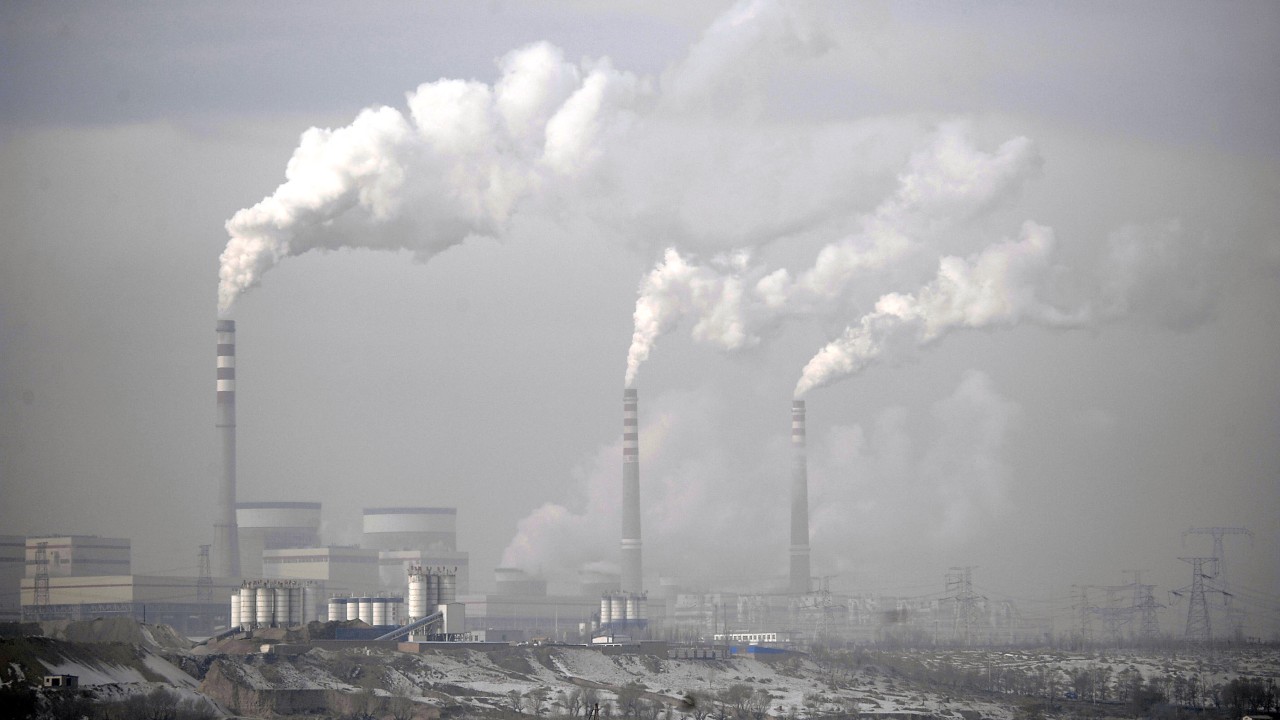
China has published draft regulations and guidelines for its voluntary carbon market, the China Certified Emission Reduction (CCER) scheme, in the latest move suggesting the reboot of the suspended market is getting close.
The National Centre for Climate Change Strategy and International Cooperation (NCSC), the key think tank under the Ministry of Ecology and Environment (MEE), in charge of climate policies research, released proposed rules on registration procedures, and guidelines for the design and implementation of voluntary carbon offset projects under the CCER scheme on Thursday.
The guidelines provided examples of carbon reduction activities in 16 industries, and included the use of renewable energy, energy efficiency enhancement, forestation, and carbon capture and storage. It also included rules on emissions reduction and removal monitoring and credit accounting. The pilot regulation on registration procedures became effective immediately.
The release of the documents may signal that the CCER market, an important supplementary mechanism to China’s national Emissions Trading Scheme (ETS) – the world’s largest carbon market in terms of the emissions it covers – is ready for relaunch and accepting new project applications.
The CCER scheme, first launched in 2012, allows companies trading under the national ETS to offset up to 5 per cent of their emissions by purchasing credits from certain emission reduction projects such as forestation and renewable power generation. However, new project registration has been suspended since 2017 due to low trading volume and a lack of standardisation in carbon audits.
Last month the MEE released regulations on CCER trading for trial implementation, saying it will gradually expand the number of sectors covered by the scheme in order to support China’s goal of reaching peak emissions by 2030 and carbon neutrality by 2060.
A week later, MEE published four methodologies that will be used to quantify net emission reductions or removals for four types of projects: forestation, solar thermal power, offshore wind power generation, and mangrove revegetation.
“Nature-based or -related industries will see more opportunities, and it will benefit more state-owned enterprises,” said Tan Luyue, carbon analyst at financial services company Refinitiv. She expects livestock methane utilisation and biomass power generation could be the second batch of emissions reduction projects to fall under the MEE’s methodologies.
Futures contracts and a forward price curve are the keys to solving the CCER’s liquidity problem, according to Jeff Huang, co-founder of Hong Kong-based AEX Holdings, which facilitates forward electricity and carbon credits trading in mainland China.
“This allows large buyers and sellers of the CCER credits to hedge their positions over the next three to five years, beyond spot trading,” he said.
China, the world’s largest greenhouse gas emitter, has made several environmental commitments ahead of the United Nations COP28 climate summit taking place in two weeks in Dubai, United Arab Emirates. The country has raised concerns with its rapid expansion of coal power to address energy security issues in the wake of power outages nationwide in the past few years.
The country released an action plan to reduce methane emissions earlier this month, promising to improve the monitoring and supervision of such emissions and to enhance global cooperation on tackling the second-biggest contributor to global warming after carbon dioxide.
On Wednesday, China and the United States announced the renewal of climate cooperation, hours before the high-stakes meeting between Presidents Xi Jinping and Joe Biden. That followed four days of talks last week between China’s special climate envoy, Xie Zhenhua, and his US counterpart, John Kerry, at the Sunnylands estate in California.
.
FOLLOW US ON GOOGLE NEWS
Read original article here
Denial of responsibility! Chronicles Live is an automatic aggregator of the all world’s media. In each content, the hyperlink to the primary source is specified. All trademarks belong to their rightful owners, all materials to their authors. If you are the owner of the content and do not want us to publish your materials, please contact us by email –
chronicleslive.com. The content will be deleted within 24 hours.


